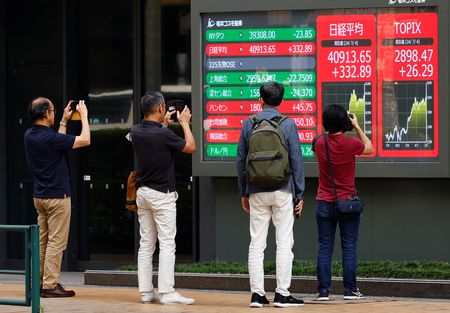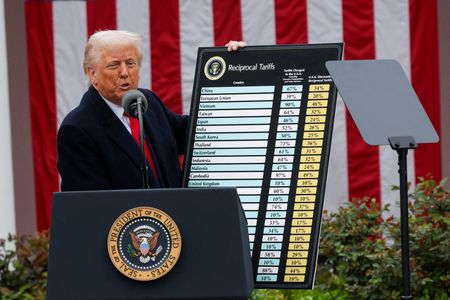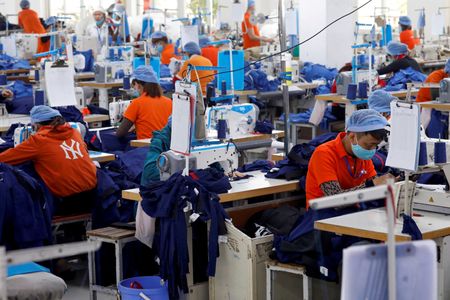BEIJING (Reuters) -China will extend its anti-dumping investigation into European Union brandy by three months, its commerce ministry said on Wednesday, giving EU exporters, mainly French cognac suppliers, more time to try to avert painful Chinese penalties.
The probe, initiated in January 2024 amid heightened trade tensions between China and the 27-state bloc, was originally due to be concluded in a year, but was extended to April 5, 2025.
China’s delay to the conclusion of its inquiry to July 5 followed a visit by French Foreign Minister Jean-Noel Barrot last week during which Beijing offered deeper bilateral cooperation as U.S. President Donald Trump threatened trade tariffs on partners, including the EU and China.
At the end of his visit, Barrot said he had been told the conclusion was postponed by three months, ruling out any sudden application of definitive law to the sector.
In view of the complexity of the case, the commerce ministry said it was extending the investigation, without giving more detail.
French cognac industry group, the Bureau National Interprofessionnel du Cognac, said the announcement was a “positive signal”.
“We must now maintain this momentum. The next three months must be fully devoted to negotiation. We have an obligation to deliver results,” the group told Reuters.
China and the United States are the cognac industry’s most important export markets.
Shipments to China have plunged since temporary tariffs were imposed in October, with a 72% drop in February, according to the cognac industry body.
Beijing’s decision to delay any definitive penalties precedes an expected announcement by Trump later on Wednesday to levy taxes on all countries that trade with the United States.
In October last year, Beijing imposed temporary measures on EU brandy, hitting French brands including Hennessy and Remy Martin, even as the investigation continues, after France supported EU tariffs on China-made electric vehicles.
For now, the Chinese measures require China’s importers to pay security deposits of nearly 40% if they wish to import brandy from the bloc, making it more costly upfront to ship brandy from the EU.
(Reporting by Ryan Woo. Additional reporting by Tassilo Hummel; Editing by Christian Schmollinger and Barbara Lewis)











